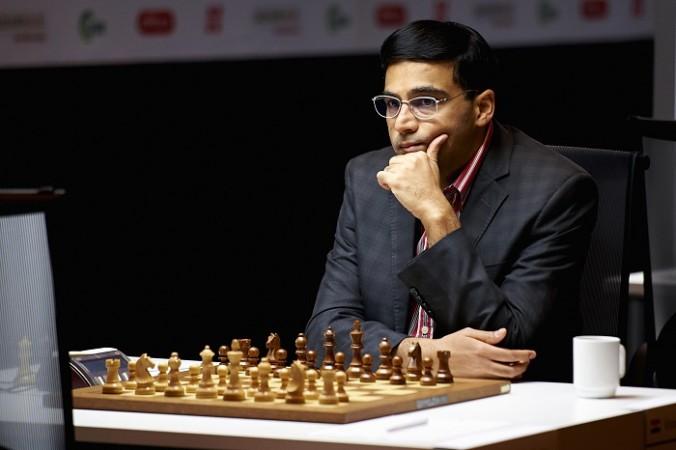
Indian chess great Viswanathan Anand says he is disappointed by India's performance at the recently-concluded Rio 2016 Olympics, but, nevertheless, there are many positives to take ahead to the Tokyo Olympics, which gets underway four years from now.
A 119-member strong Indian contingent could only bag two medals in Rio. However, this was the first time that only women sportspersons bagged medals from the Olympics for the country, while lesser-known sports like gymnastics [thanks to Dipa Karmakar] and 3000m steeplechase [thanks to Lalita Babar] also turned out to be of prime interest for Indian sports fans. Anand, 46, India's first grandmaster, feels this can only make things better.
"Disappointed [with India's Rio 2016 performance]," said Anand to the Times of India. "But we seemed to have created a pool of new disciplines and sportspersons who could be medal winners in 2020.
"I would say the most positive takeout is we missed narrowly in a few events and we found a lot of new talent. Gymnastics would never be considered a medal prospect for India but we could easily be one in 2020.
"Winning is all about timing. At that moment you have to be your best. In this Olympics a lot of our medal prospects lost out narrowly. Some even put in their best performance. So we were very close but the medals don't take into account near misses. I can tell you that for some of the matches I lost, I prepared the hardest but sometimes it just doesn't click at that second when it matters most," the five-time world chess champion explained.
Just like the way he makes calculated moves in the chess board, selecting the pawns and the bishops wisely to checkmate his opponent, Anand also gave out certain meticulous suggestions as to how India can reach the next level in sports.
"We need parents to look at sports as something essential and natural," he continued. "The government should definitely help in identifying talent and sustaining talent. But it shouldn't compete with private organisations that may be better equipped at providing training or a support system.
"The Olympic Gold Quest, for instance, spends a lot of resource in identifying talent. But where they excel is in getting the right training for each athlete. This includes physical fitness and physiotherapy. General fitness is an area where we need to work on. To keep our fitness and endurance at top level requires a lot of specialised training.
"The government should be a partner. Federations should be more accountable to the players they represent. Again they should partner player rather than police them. Or use the sport as a PR prop.".



!['He is done with the team now' : Angry Virat Kohli slams the bat, kicks the ground, yells at RCB team as SRH smashes runs [reactions] 'He is done with the team now' : Angry Virat Kohli slams the bat, kicks the ground, yells at RCB team as SRH smashes runs [reactions]](https://data1.ibtimes.co.in/en/full/796956/he-done-team-now-angry-virat-kohli-slams-bat-kicks-ground-yells-rcb-team-srh-smashes.jpg?w=220&h=135&l=50&t=40)



!['He is done with the team now' : Angry Virat Kohli slams the bat, kicks the ground, yells at RCB team as SRH smashes runs [reactions]](https://data1.ibtimes.co.in/en/full/796956/he-done-team-now-angry-virat-kohli-slams-bat-kicks-ground-yells-rcb-team-srh-smashes.jpg?w=220&h=135)

